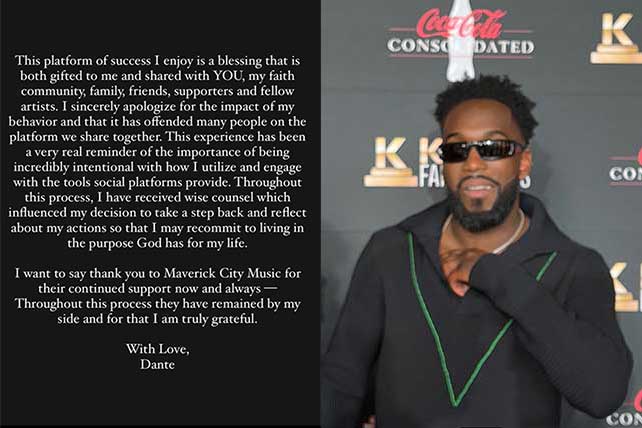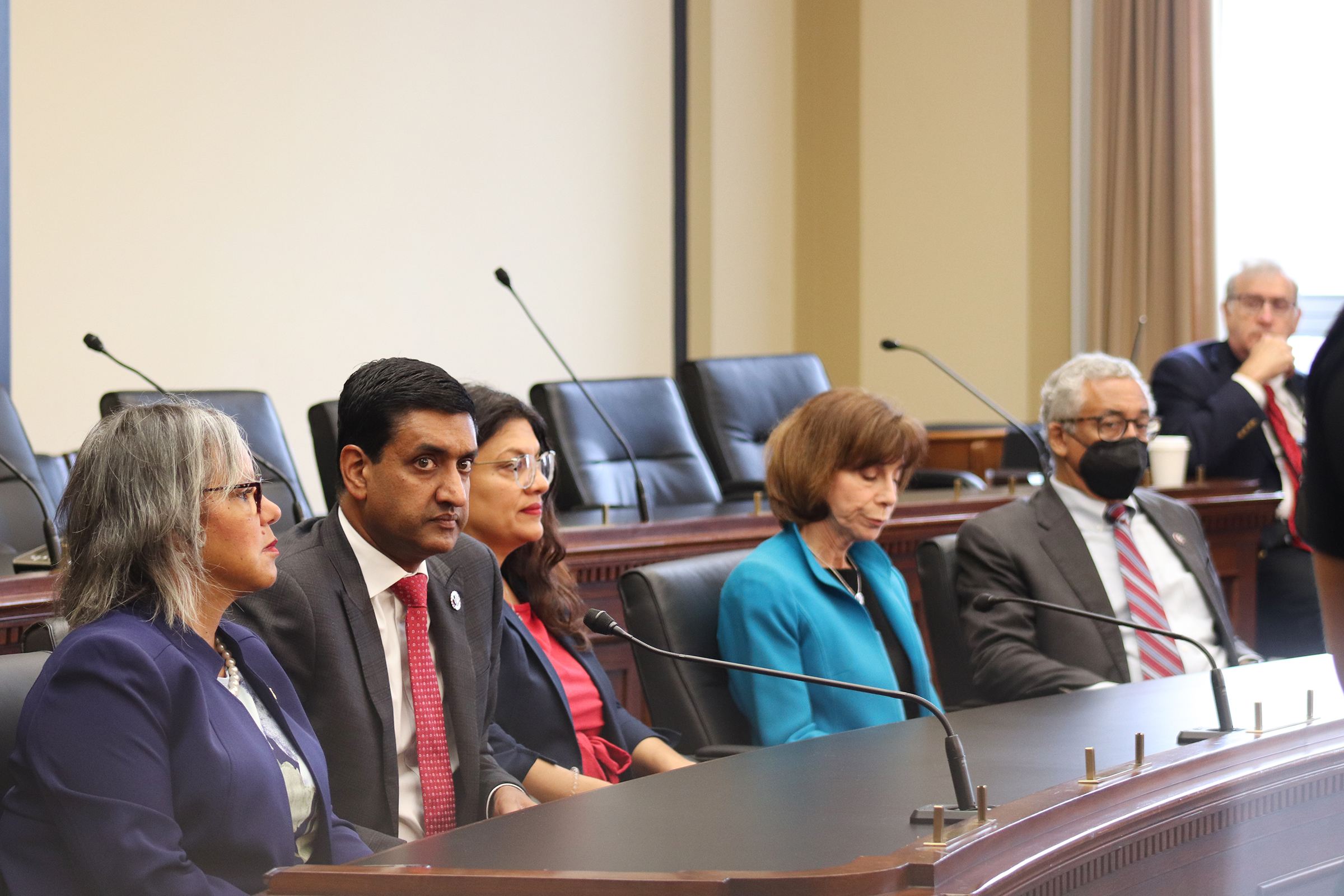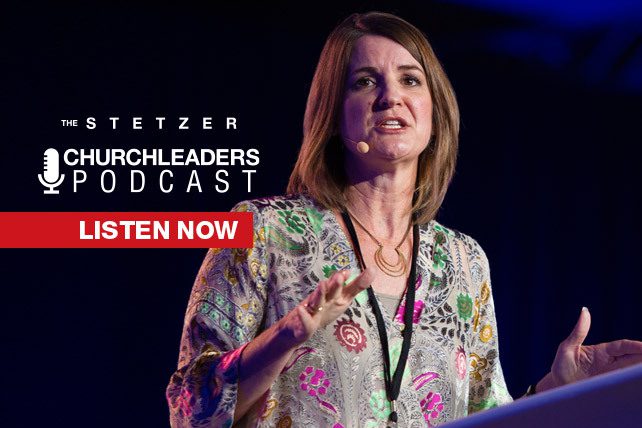In the story of the rich young man, we’re told that he “ran up to [Jesus] and fell on his knees before him” (Mark 10:17, NIV). The man’s eagerness and sincerity are evident.
“Good teacher,” he asked, “what must I do to inherit eternal life?” So far, so good. This man wants to live with God in Heaven forever.
After the rich young man spoke to Jesus, we read something remarkable that’s often overlooked: “Jesus looked at him and loved him” (Mark 10:21, NIV).
When you love people, you act in their best interests. What Jesus said next should be seen in light of the immediately preceding statement that Jesus loved him: “One thing you lack. . . . Go, sell everything you have and give to the poor, and you will have treasure in heaven. Then come, follow me” (Mark 10:21, NIV).
Unlike many of us, Jesus clearly grasps eternal realities, and that knowledge informs His love for rich people. He knew what stood between this young man and the good life God offers: his wealth. He wouldn’t have been seeking something more from Jesus if he already had the abundant life. His question suggests unease, dissatisfaction, and discontentment with the life he’d been living.
Because of His loving grace, God desires to remove any obstacle between us and eternal, abundant life. Sure, Jesus showed love for the poor by commanding the rich man to donate his wealth to them. But He simultaneously showed love for the man by offering him liberation from the false god of wealth.
Tragically, we’re told, “At this the man’s face fell. He went away sad, because he had great wealth” (Mark 10:22, NIV). What the rich man thought he owned actually owned him. Money was his god. “No one can serve two masters . . . You cannot serve both God and money” (Matthew 6:24, NIV).
The rich young man thought he was acting in his own best interests by clinging to his wealth. He couldn’t have been more wrong. He didn’t understand that Jesus, by telling him to give it away, was actually offering him freedom, joy, and the life that’s truly life.
Seeing the rich young man’s unwillingness to be freed from the bondage of wealth, Jesus turned to His disciples and said with sadness, “How hard it is for the rich to enter the kingdom of God! . . . It is easier for a camel to go through the eye of a needle than for someone who is rich to enter the kingdom of God” (Mark 10:23, 25, NIV).
Many books and sermons, and even some commentaries, claim that there was a narrow passage or gate in Jerusalem called “the eye of a needle.” Supposedly camels had to be unloaded of everything they were carrying before they could fit through it. Some say the camels could enter on their knees. Therefore, rich people can enter God’s Kingdom, but only if they dump all their baggage and enter Heaven in humility.
This all sounds very spiritual, and indeed endless articles online suggest that such a gate existed. Commentator William Barclay is sometimes cited as a source for this idea, but Barclay doesn’t document this claim; he simply indicates, “It is said that . . .” which of course is no help. In fact, despite my extensive search for a credible historical reference to back this up, I have never seen any evidence there was actually a gate called by ancients the “eye of the needle.”
Jesus used the normal word for a sewing needle, and what’s translated “eye” means “hole.” We don’t have to come up with a creative way to negate the possibility of a camel going through a needle’s eye. Obviously a camel can’t go through a needle’s eye—and that’s the whole point, humorously pictured by Jesus. Apart from a miracle, rich people can’t stop trusting in their riches and instead turn to Christ. That’s what the disciples understood Jesus to be saying, which explains their shocked response: “They who heard it said, ‘Then who can be saved?’” (Luke 18:26, NASB).
Why their astonishment? Because in Jesus’ day, wealth was seen as a sign of God’s approval. The logic went like this: if the wealthy, whom God obviously approves of, have a hard time going to Heaven, how could the poor, whom God apparently disdains, ever make it?
But Jesus qualified His shocking statement by saying, “The things that are impossible with people are possible with God” (Luke 18:27, amp). Just as it’s impossible for a camel to go through the eye of a needle, it’s impossible with people—but not with God—for a rich man to enter Heaven. Jesus can and ultimately did provide a way for rich people—and all who believe in Him—to enter God’s Kingdom.
Peter seemed stunned by Jesus’ statement that it’s humanly impossible for the rich to inherit God’s Kingdom. He said, “We have left everything to follow you!” (Mark 10:28, NIV).
Instead of rebuking him, Jesus said to Peter, “Truly I tell you, . . . no one who has left home or brothers or sisters or mother or father or children or fields for me and the gospel will fail to receive a hundred times as much in this present age: homes, brothers, sisters, mothers, children and fields—along with persecutions—and in the age to come eternal life” (Mark 10:29-30, NIV).
Jesus indicated here that not just some but all of His followers must turn away from various forms of wealth that get in the way of following Him, whether that wealth comes in the form of money, property, security, family, prestige, or popularity. Short-term rewards and eternal ones await anyone who follows Christ. The life we obtain far surpasses anything we leave behind.
After saying we should take up our crosses to follow Him, Jesus taught, “If you try to hang on to your life, you will lose it. But if you give up your life for my sake, you will save it” (Matthew 16:25, NLT).
At first glance, we might imagine Jesus calls us to utter disregard for our self-interests. In fact, His call is the opposite. Jesus supplies the reason we should give up our lives: to save them. We give up empty lives and grab hold of the good life. We give up an impoverished spiritual life to enjoy the abundant life in Christ. This is like being offered ownership of Coca-Cola in exchange for a sack of pop bottles. Only a fool would pass up the offer.
This article about the rich young man originally appeared here, and is used by permission.






























